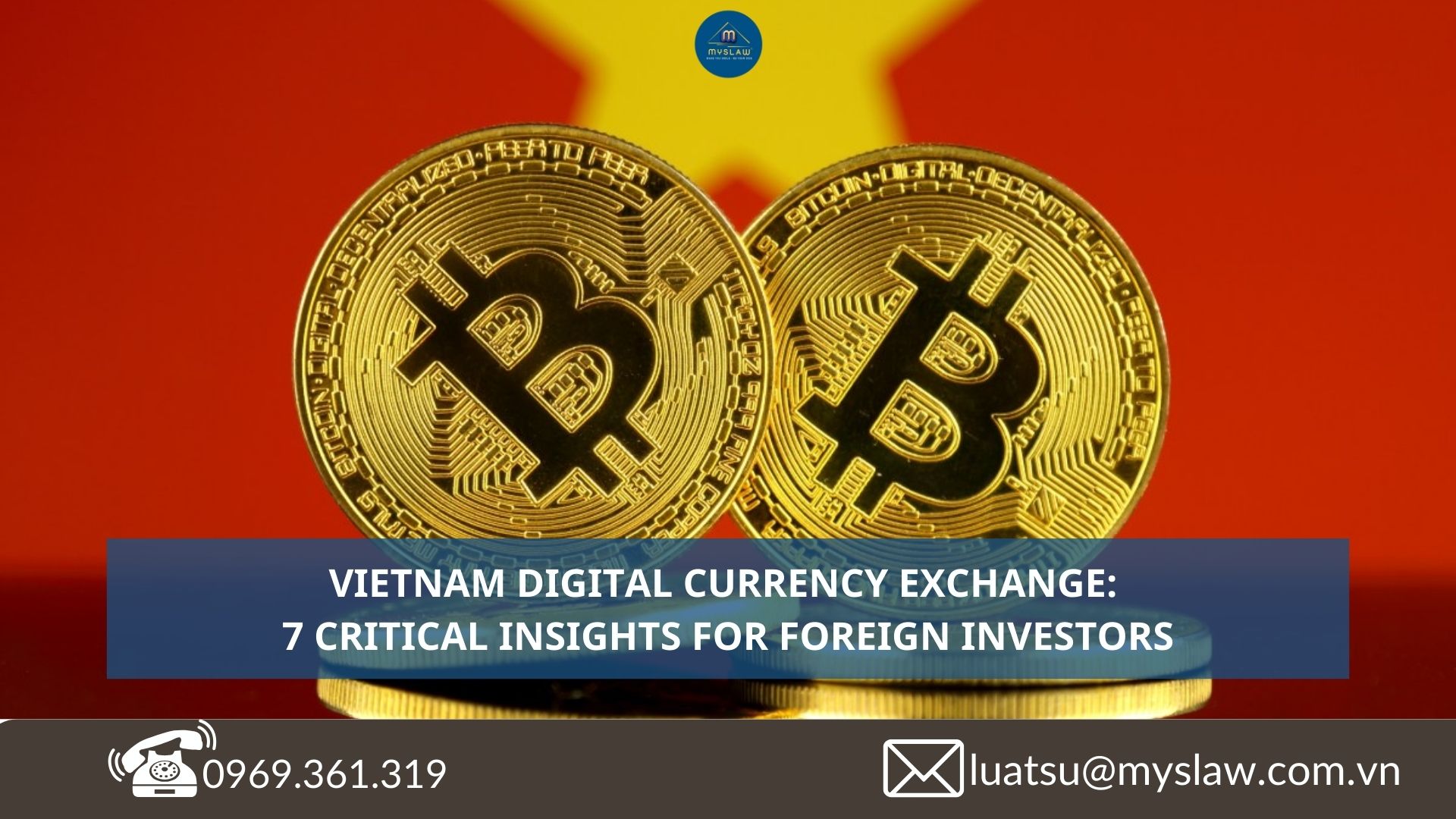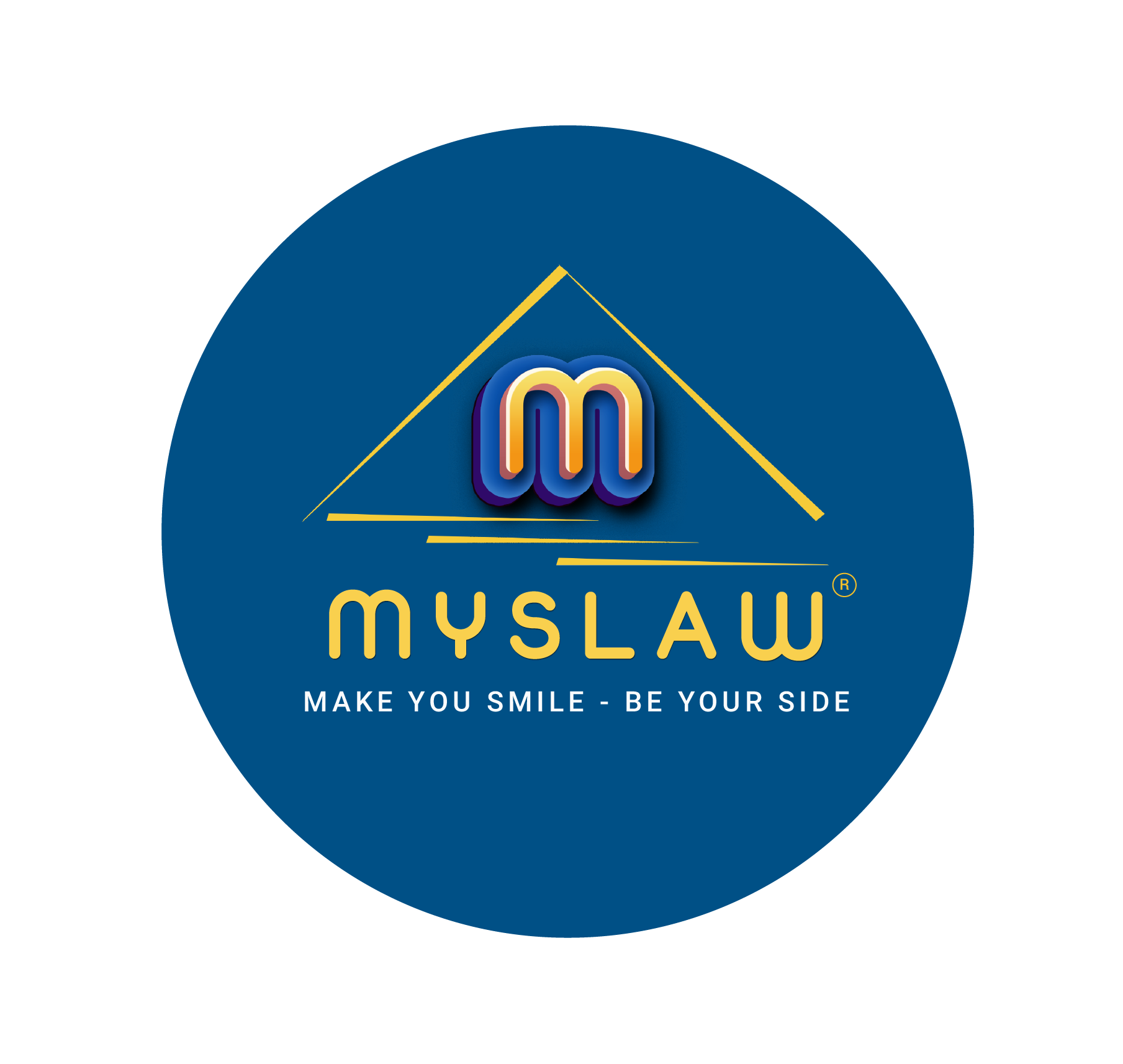Vietnam is on the cusp of a significant shift in its approach to digital assets, with the government preparing to launch a pilot digital currency exchange. This move signals a departure from years of caution toward cryptocurrency, raising a pivotal question for foreign investors and businesses: Is Vietnam finally opening its doors to the digital asset economy, or is this merely a controlled experiment? For years, legal ambiguity, regulatory gaps, and enforcement risks have clouded Vietnam’s crypto landscape. Now, as the Ministry of Finance gears up for this pilot, new opportunities are emerging—alongside fresh legal complexities.
To navigate this evolving terrain, foreign investors need a clear understanding of the legal, financial, and operational implications. This article explores Vietnam’s digital currency exchange pilot by addressing key questions: What does it entail? Why is it being introduced? Who can participate? Where will it be regulated? When will it launch? And how can foreign entities get involved safely? By delving into these aspects, we aim to provide a roadmap for engaging with Vietnam’s digital asset market while highlighting the opportunities and risks involved.

What Is Vietnam’s Digital Currency Exchange?
At its core, Vietnam’s digital currency exchange is a government-supported platform designed to enable the legal trading of digital assets within a structured, regulated environment. Though specifics remain under development, the pilot is expected to prioritize legally recognized digital assets—potentially encompassing tokenized assets, stablecoins, or even central bank digital currencies. The platform will likely emphasize transparency and fraud prevention through regulated trading systems, all under strict government oversight to curb money laundering and illicit activities.
Currently, cryptocurrency trading in Vietnam operates in a legal gray zone, with Bitcoin and similar assets unrecognized as valid payment methods. The introduction of this pilot exchange could mark a turning point, offering a legitimate avenue for digital asset transactions under state supervision, potentially transforming how businesses and individuals engage with crypto in the country.
Why Is Vietnam Launching a Digital Currency Exchange?
Vietnam boasts one of the world’s highest cryptocurrency adoption rates, yet its regulatory framework has lagged behind this enthusiasm. The decision to launch a pilot exchange reflects several strategic goals. First, it seeks to resolve long-standing legal uncertainty, providing traders and blockchain startups—previously operating without clear protections—with defined rules and safeguards. Second, a regulated digital asset market could draw foreign fintech companies, blockchain innovators, and institutional investors eager to tap into Asia’s emerging markets.
Beyond attracting investment, the initiative promises fiscal benefits, enabling the government to tax digital asset transactions and bolster public revenues. Additionally, by monitoring these trades, Vietnam aims to strengthen financial security, reducing the risks of scams, money laundering, and other crimes that have tarnished the crypto sector. This pilot represents a balancing act: fostering innovation while maintaining control.
Who Can Participate in Vietnam’s Digital Currency Market?
Foreign stakeholders—ranging from companies to individual investors—are keen to determine their eligibility within this new framework. Blockchain startups and crypto exchanges from abroad could find opportunities to operate in Vietnam, provided they secure regulatory approval and possibly partner with local entities to meet compliance demands. Institutional investors and venture capital firms may also benefit, gaining access to a regulated space for trading or investing in digital assets, as well as funding Vietnam-based blockchain ventures.
For individual foreign investors, the exchange could offer a safer, government-backed alternative to the current unregulated market, though participation will likely hinge on adherence to stringent Know Your Customer (KYC) protocols. While the pilot’s inclusivity remains unclear, it’s evident that compliance and local collaboration will be critical for all participants.
Where Will Vietnam’s Digital Currency Exchange Be Regulated?
The regulatory backbone of this initiative will rest with Vietnam’s Ministry of Finance and the State Bank of Vietnam (SBV). The SBV is poised to oversee exchange operations, ensuring alignment with financial laws, while the Ministry of Finance will likely focus on taxation and anti-fraud measures. Vietnam may also look outward, aligning its rules with global standards like the Financial Action Task Force (FATF) guidelines on anti-money laundering (AML). Such alignment could streamline cross-border transactions and enhance the country’s appeal to international players.
Yet challenges loom. Will digital currencies be treated as securities, commodities, or an entirely new asset class under Vietnamese law? And will foreign firms need local partners to operate? These unresolved questions will shape the regulatory landscape and its accessibility to outsiders.
When Will the Pilot Digital Currency Exchange Launch?
The government has set an ambitious timeline, aiming to finalize the legal framework by March 2025. The rollout will unfold in phases. In the short term, from 2025 to 2026, authorities will establish regulations, define licensing processes, and select pilot participants. The mid-term phase, spanning 2026 to 2027, will see the official launch of the exchange, with clarified guidelines for foreign involvement and the processing of initial legal trades. Looking further ahead, by 2028 and beyond, Vietnam could expand the program, potentially cementing its status as a regional hub for digital assets if the pilot proves successful.
How Can Foreign Businesses & Investors Enter Vietnam’s Digital Currency Market?
For foreign entities eyeing this market, preparation is paramount. The first step involves staying abreast of regulatory updates and consulting legal experts familiar with Vietnam’s digital currency laws. Establishing a local presence—whether through a subsidiary or a joint venture with a Vietnamese fintech firm—may be necessary to operate legally. Compliance with AML and tax requirements will also be non-negotiable, demanding robust KYC processes and a clear grasp of tax obligations on digital transactions.
Should licensing opportunities arise, applying early could provide a competitive edge, though applicants should anticipate capital thresholds, audits, and compliance reviews. Finally, given the rapid evolution of Vietnam’s digital asset policies, ongoing collaboration with a law firm specializing in fintech and blockchain will be essential to adapt to changes and seize opportunities as they emerge.
Why Legal Guidance Is Essential
Vietnam’s digital currency exchange pilot offers a tantalizing prospect for foreign investors, but its success hinges on navigating a complex and shifting legal landscape. Missteps in compliance or misunderstandings of local requirements could derail even the most promising ventures. Partnering with experienced legal professionals—such as Myslaw, a Vietnam-based firm with expertise in fintech and regulatory matters—can provide the clarity and support needed to thrive in this new frontier.
As Vietnam takes its first steps toward a regulated digital asset economy, the opportunities are undeniable. So too are the challenges. With the right strategy and guidance, foreign investors can position themselves to capitalize on this transformative moment in Vietnam’s financial evolution.
The above information is provided by Mys Law. For any questions regarding the content of this article, please contact 0969.361.319 or email: [email protected] for further clarification. Best regards!
Compiler: Nguyen Anh Quan





